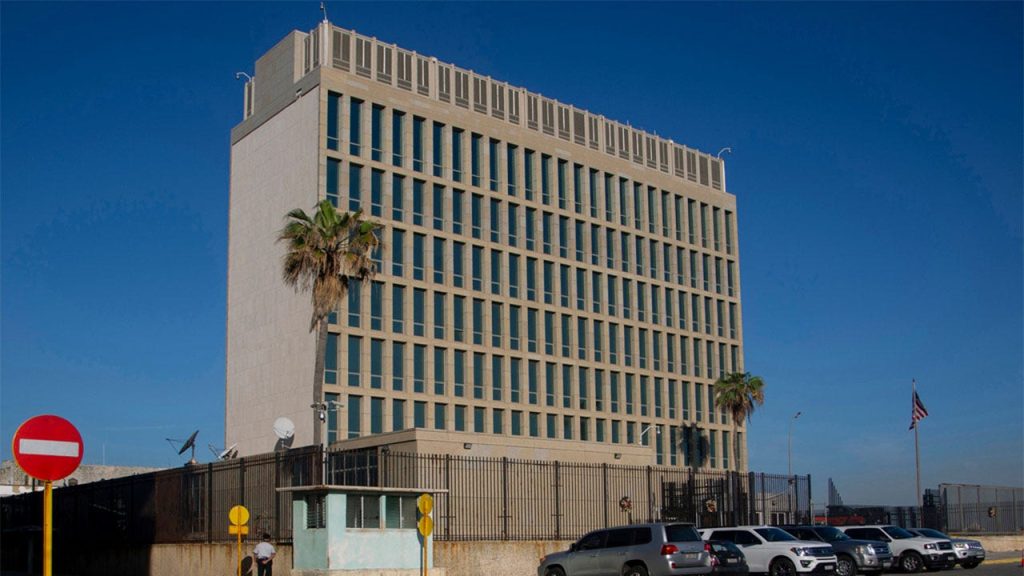A high-speed chase in Florida may be linked to the mysterious phenomenon known as “Havana Syndrome,” which was first reported by U.S. and Canadian embassy staff in Cuba in 2016 and later by hundreds of American personnel in other countries. Body cam footage from the chase, which took place in Key West in June 2020, shows the driver reaching speeds of 110 mph and eventually being apprehended by police. Inside the man’s car, officers found bank account notes, a device resembling a walkie-talkie that can erase a car’s computer data, and a Russian passport. The suspect, who gave his name as Vitalii and claimed to be from St. Petersburg, repeatedly stated that he didn’t know why he fled from police officers.
The report comes on the heels of a nearly five-year study from the National Institutes of Health, which found no explanation for the health problems reported by U.S. diplomats and government employees experiencing symptoms of Havana Syndrome. The study, which included advanced tests such as sophisticated MRI scans, detected no significant differences in brain volume, structure, or white matter between Havana syndrome patients and healthy individuals with similar jobs. While the researchers couldn’t rule out some transient injury when the symptoms began, they were relieved to find no long-term markers of brain injury or degeneration.
There was initial concern that a foreign adversary like Russia may have used directed energy to target Americans experiencing Havana Syndrome symptoms. However, U.S. intelligence agencies later stated that there was no evidence of foreign involvement and that most cases appeared to have different causes, ranging from undiagnosed illnesses to environmental factors. The NIH study, which included over 80 patients with Havana syndrome, was not designed to investigate the likelihood of a weapon or trigger for the symptoms, and the findings did not contradict the conclusions of intelligence agencies.
The CBS News report is the latest development in the ongoing effort to unravel the mystery of Havana Syndrome, which began when U.S. embassy personnel in Cuba sought medical care for hearing loss and ear-ringing after experiencing strange noises. While the NIH study did not find evidence of brain injuries or degeneration in Havana syndrome patients, it did not rule out some form of transient injury when the symptoms first appeared. The inclusion of advanced tests such as MRI scans allowed researchers to compare brain scans of patients with healthy individuals with similar jobs, revealing no significant differences.
The promotion clip from ’60 Minutes’ shows disturbing footage of the high-speed chase in Key West, bringing attention to the possible connection between the incident and Havana Syndrome. The presence of a Russian passport in the suspect’s car raises questions about potential foreign involvement in the case. Despite the inconclusive findings of the NIH study, the search for answers to the mysterious health problems reported by U.S. diplomats and government employees continues. The findings of the study provide some reassurance that there are no long-term markers of brain injury typical after trauma or stroke in Havana syndrome patients, but the exact cause of the symptoms remains elusive.


